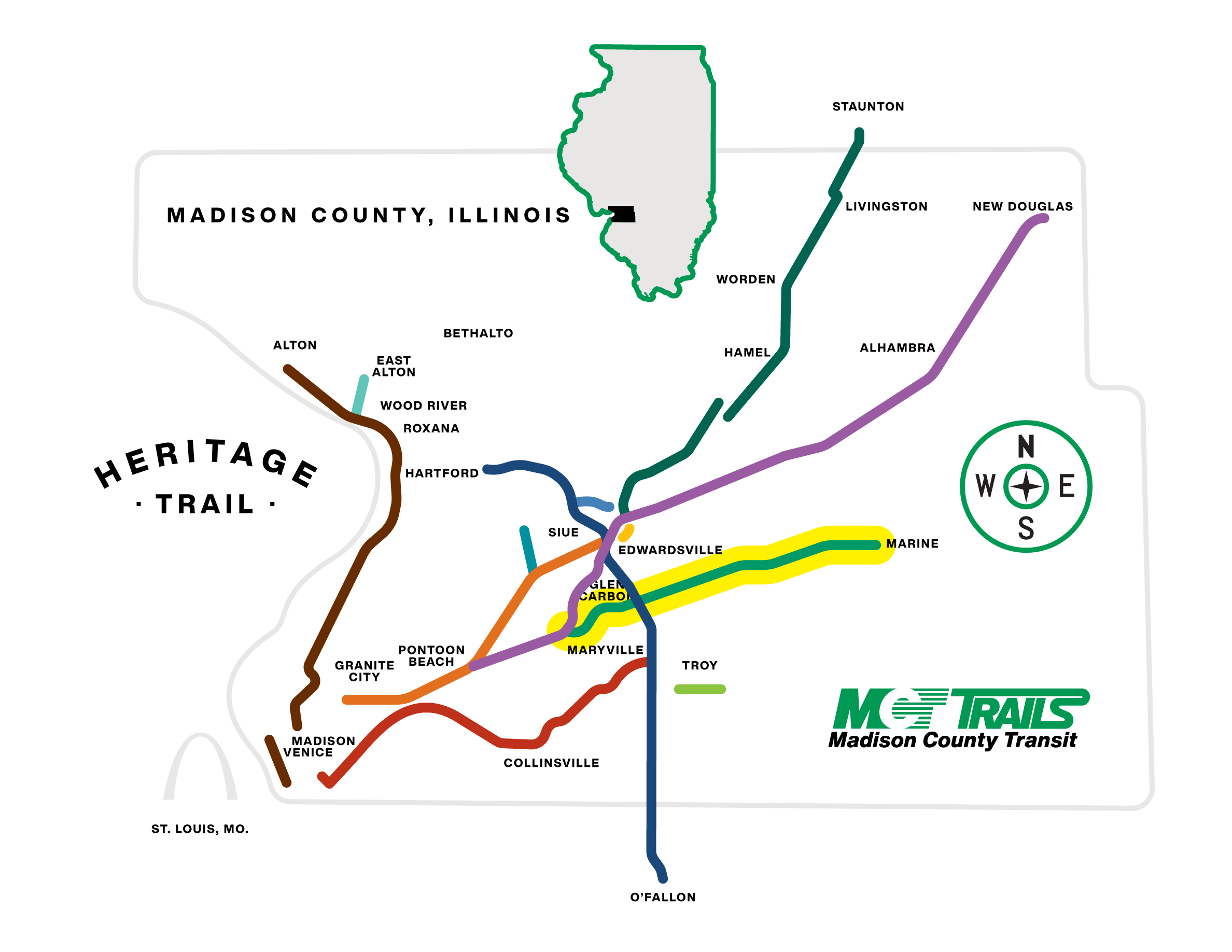Understanding the Impact of Trail Closures on the MCT Trails
For several weeks, people have been asking my colleagues and I why there are so many closures along the MCT Trails. While I don’t say it outright, I’ve certainly thought about it: “Success comes at a cost.” This phrase captures the essence of what’s happening with the MCT Trails system.
Over the years, the 138 miles of bikeways within the MCT Trails have grown in popularity. These trails are not only used for recreation—walking, cycling, jogging, and rollerblading—but also serve as essential transportation corridors. They are used by individuals, families, and groups of all ages and abilities, including those who rely on them to commute to work, attend classes, or access local businesses, parks, and restaurants.
As more people use the trails, it has become increasingly challenging to close any segment—even for just a few days or hours. The MCT Trails have essentially become victims of their own success, and with that success comes the need for ongoing maintenance and improvements.
The Cost of Success: Trail Repairs and Improvements
The MCT Trails system was established in the 1990s, and since then, it has continued to expand. However, like many aging infrastructures, parts of the trails are beginning to show signs of wear and tear. In some areas, this means replacing deck boards on bridges, filling cracks, or resurfacing pavement. In other locations, such as atop levees or on loamy soils, full reconstruction is necessary.
Currently, a 2.5-mile section of the MCT Confluence Trail in the Wood River/Hartford area is undergoing replacement. This project is expected to be completed in a couple of months and marks the start of several renewal projects planned for the next two years.
In early August, the MCT Schoolhouse Trail near Horseshoe Lake Road between Collinsville and Pontoon Beach will be closed for the construction of a new bike-ped bridge over Illinois 111. This bridge is scheduled for completion in mid-2026. Additionally, a bumpy portion of the MCT Nickel Plate Trail in Glen Carbon from Illinois 157 east to Edwards Street will be closed for a few days in the coming month for milling and re-surfacing.
Starting this fall, a 7-mile stretch of the popular MCT Nature Trail, from Bluff Road near SIUE west to Mockingbird Lane in Granite City, will be fully closed for reconstruction and the rehabilitation of four trail bridges.
These are just a few of the major projects currently planned. They are part of a multi-year strategy to enhance, expand, and maintain the MCT Trails system.
Not All Closures Are MCT-Initiated
It’s important to note that not all trail closures are due to MCT projects. Some are initiated by municipalities working on infrastructure improvements to roads or underground utilities that intersect with or run parallel to the MCT Trails. Regardless of the cause, these closures can be frustrating and disruptive to users.
To help manage this, MCT provides updates on trail closures through its website, MCTTrails.org. Users can check the “Trail Closures” tab or visit the “Trails Web Map” and look for bright orange diamonds indicating closed segments. Closure information is also posted on the MCT Trails page on Facebook.
Looking Ahead: Challenges and Opportunities
This year and next will likely bring more closures as projects continue. It may get worse before it gets better, but the goal is to complete these efforts and leave behind improved trail segments that offer a better experience for everyone.
The MCT Trails remain a vital regional asset, and the team at Madison County Transit is committed to ensuring its long-term viability. Through careful planning, collaboration, and community engagement, the MCT aims to balance the needs of users with the necessary work to keep the trails safe and functional for years to come.







